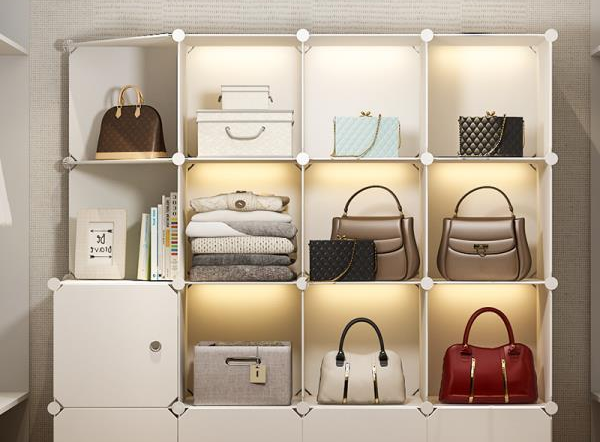
It has been revealed that the import value of luxury handbags priced at over 2 million won (US$1,496) has increased by nearly fourfold in just four years. During the same period, the import value of luxury watches has also seen an increase of nearly double.
According to data obtained by Representative Yang Kyung-sook of the Democratic Party from the Korea Customs Service, the import value of bags with declared prices exceeding 2 million won has increased by 258.1 percent in just four years, rising from 221.1 billion won in 2018 to 791.8 billion won last year.
The import value of luxury handbags is not separately classified in customs declarations, but this data represents the total import value of “luxury bags exceeding 2 million won,” which falls under the scope of individual consumption tax laws.
The import value of high-end handbags has seen a steady rise, going from 295.8 billion won in 2019 to 393.6 billion won in 2020, further increasing to 570.1 billion won in 2021 and reaching 791.8 billion won last year. Import quantities have also surged, growing from 9,716 items in 2018 to 37,831 items in the past year, marking a remarkable 289.4 percent increase over four years.
Alongside handbags, the import value of watches priced over 2 million won has also seen a significant increase. The import value of high-end watches has witnessed substantial growth over the years, rising from 508.0 billion won in 2018 to 624.7 billion won in 2019, 590.3 billion won in 2020, 684.2 billion won in 2021, and reaching a remarkable 929.7 billion won last year. The import value for the first seven months of this year stands at 532.5 billion won.
This phenomenon is interpreted as a release of pent-up consumer desires, compensatory behavior, and accumulated spending power driven towards luxury consumption, particularly during a period when overseas travel and other leisure activities were restricted due to the COVID-19 pandemic. Some also attribute this shift to the trend of luxury consumption expanding beyond the affluent class and spreading among the MZ generation, which was born in the 1980s and early 2000s, and the middle class, challenging the notion that luxury consumption was once the exclusive domain of the wealthy.
This post was originally published on this site be sure to check out more of their content.








